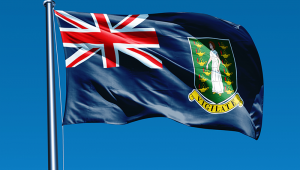The ministers agreed more needs to be done to help these countries, beyond the existing temporary debt freeze agreed earlier this year, which has now been extended to the end of June 2021.
“Given the scale of the Covid-19 crisis, the significant debt vulnerabilities and deteriorating outlook in many low-income countries, we recognise that debt treatments beyond the Debt Service Suspension Initiative may be required on a case-by-case basis,” the group said in a statement.
Within the new framework, all public creditors will now be bound to participate in the debt treatment process, which could see reductions to debt servicing costs as well as complete relief on some debts – although the latter will only happen “in the most difficult cases”.
Debtor countries will be required to seek changes to their private debts “at least as favourable” as those agreed with public lenders such as governments and the IMF.
But the framework does not outline what will happen if private lenders refuse.
“The G20 needs to stop kicking the can down the road and build a transparent and inclusive system for cancelling debts to a sustainable level across private, bilateral and multilateral lenders,” said Tim Jones, head of policy at Jubilee Debt Campaign.
“The G20 says private lenders should be included in debt restructurings, but do not offer debtor countries the tools to do that. Almost all international debt contracts are owed under English or New York law.
“The UK and US need to pass legislation to enable debts to private lenders to be restructured.”














